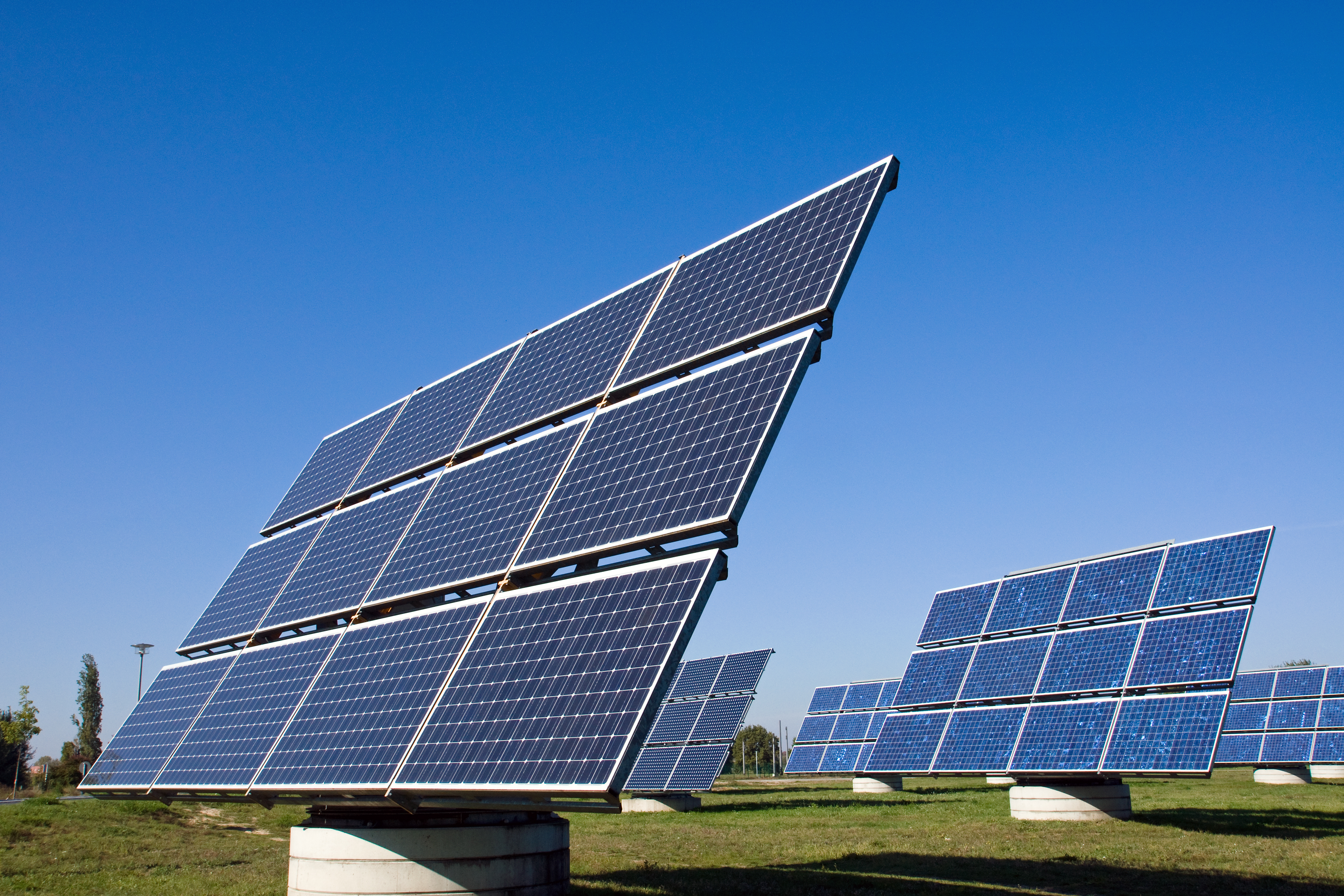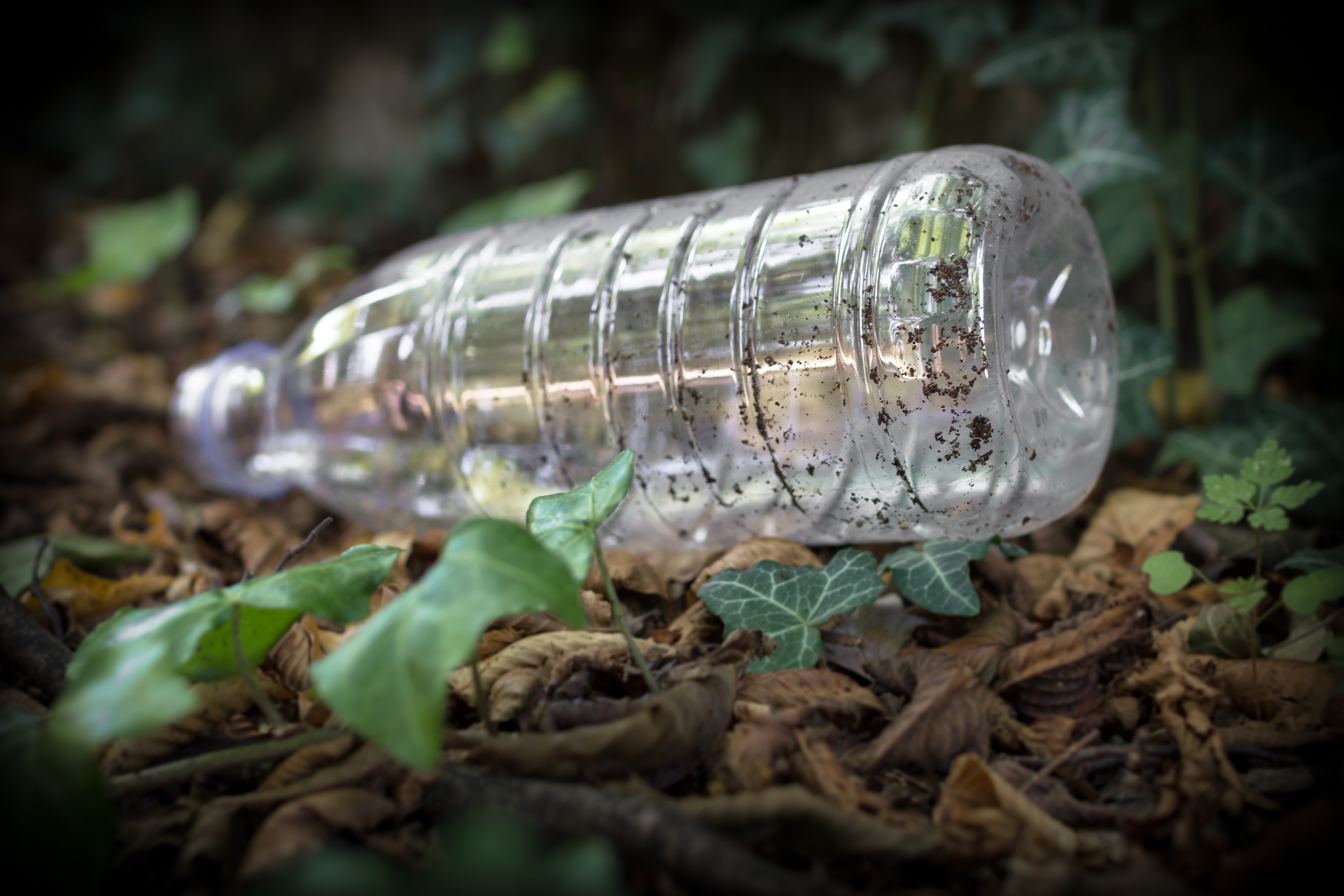The controversial waste-to-energy project, Kelvin Energy Recovery Facility, is anticipated to come to a financial close by the end of this year. Construction is set to follow in early 2021.

The facility was granted consent for planning in September 2019, set initially to divert 395,000 tonnes of nonrecyclable business and household waste from the landfills or export. These materials will instead be used to generate 49.9MW gross total (44MW net) of the annual renewable baseload energy. This amount is equal to powering up the needs of about 70,000 homes.
The West Bromwich energy plant was refused initially by the Sandwell Council, but the decision was later overturned in October by an independent planning inspector.
The project is a three-way collaboration of Verus Energy Limited, Low Carbon Limited, and Wheelabrator Technologies, which spearheads the development and implementation of the Kelvin facility.
However, despite the plant being given the go-signal, the construction schedule is currently on a limbo due to the ongoing coronavirus crisis.
Highlighting Waste-to-Energy
Dominic Noel-Johnson, Low Carbon investment director, said the announcement signifies another milestone for the project. He expressed delight over working with partners and witnessing the nearing financial close for the facility.

Noel-Johnson said the project would demonstrate how nonrecyclable waste can be transformed into a sustainable energy source, generating local electricity supply and jobs for the residents of the West Midlands region. He further added that this waste-to-energy collaboration is one of their pipeline projects for 2020 in its quest to expanding renewable energy in the country and across the globe.
The facility is located on a Giffords Property site, which will strategically treat nonrecyclables from a catchment area, projecting a capacity shortfall of more than two million tonnes per year.
Wheelabrator Technologies UK’s Julia Watsford, the managing director, stated the facility would be timely to the recent COVID-19 crisis, as the firm and its partners are committed to delivering the essential service of treating nonrecyclable wastes safely and reliably. She expressed the company’s plans of continuing operations throughout the pandemic while sustaining the health and well-being of their employees, communities and partners.
Watsford said Wheelabrator would continue to provide technologies that address the UK’s waste management infrastructure shortfall.
Crucial Work
The Kelvin Energy Recovery Facility, according to the company, is designed to treat waste byproducts safely. It works to prevent the exportation of waste to Europe, recycle metals that are often dumped to landfill, reduce greenhouse gases, and produce renewable baseload energy.
Verus Energy’s Tim Jervis highlighted the facility’s state-of-the-art waste management design, which would deliver a much lower environmental impact compared to waste transportation or landfilling on alternative disposal sites.
